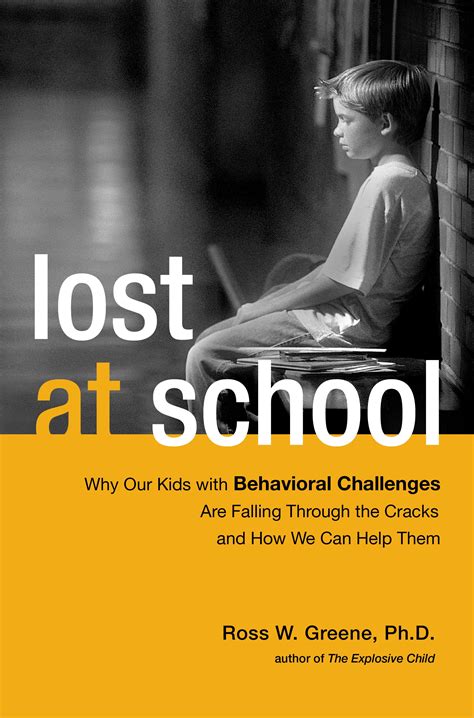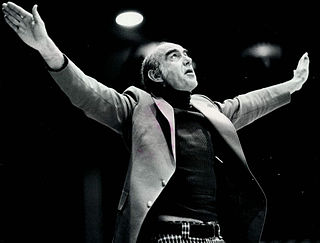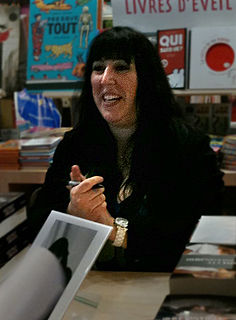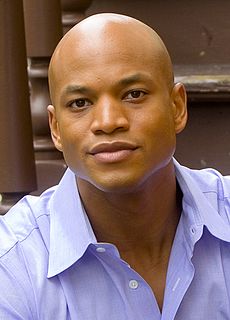A Quote by Michael Mauboussin
At the core of an analytical edge is an ability to systematically distinguish between fundamentals and expectations. Fundamentals are a well thought out distribution of outcomes, and expectations are what's priced into an asset. A power metaphor is the [pari-mutuel] racetrack. The fundamentals are how fast a given horse will run and the expectations are the odds on the tote board. As any serious handicapper knows, you make money only by finding a mispricing between the performance of the horse and the odds. There are no 'good' or 'bad' horses, just correctly or incorrectly priced ones.
Related Quotes
The model I like to sort of simplify the notion of what goes on in a market for common stocks is the pari-mutuel system at the racetrack. If you stop to think about it, a pari-mutuel system is a market. Everybody goes there and bets and the odds change based on what's bet. That's what happens in the stock market.
Horses are consistent and logical. The horse will do what is easiest for him. If you make it easy for him to buck you off, kick you, and run away, that’s just what he’s going to do. And more power to him. But if you make it easy for the horse to be relaxed and calm and accurate — and also have it be a beautiful dance between you and the horse — it won’t be too long before he’ll be hunting for that just as hard as you are. Whatever you make easy for the horse, that’s what he’s going to get good at.
If I fulfill YOUR expectations, how am I going to transform you? I have to DESTROY your expectations. I have to destroy the very mind that creates those expectations. If you come to me, never come with expectations, otherwise you will be disappointed - because I have no obligation to fulfill your expectations in any way. In fact, if I see that there are some expectations, I do things DELIBERATELY to destroy those expectations. That is the price you have to pay to be with me.
There's an ancient bond that still exists today between horses and humans, it is even there with people that have never ridden a horse or been around horses. The horse is what settled the entire west. If it weren’t for the horse they’d probably be only a couple hundred miles from where they started. A lot of people don’t realize how much they owe the horse because it’s not so much a part of our culture right now as it used to be.
I don't really distinguish between a fictional hero and a real life hero as a basis for any comparison. To me, a hero is a hero. I like making pictures about people who have a personal mission in life or at least in the life of a story who start out with certain low expectations and then over achieve our highest expectations for them. That's the kind of character arc I love dabbling in as a director, as a filmmaker.
Do you think that we're products of our environments? I think so, or maybe products of our expectations. Others' expectations of us or our expectations. I mean others' expectations that you take on as your own. I realize how difficult it is to seperate the two. The expectations that others place on us help us form our expectations of ourselves.





























